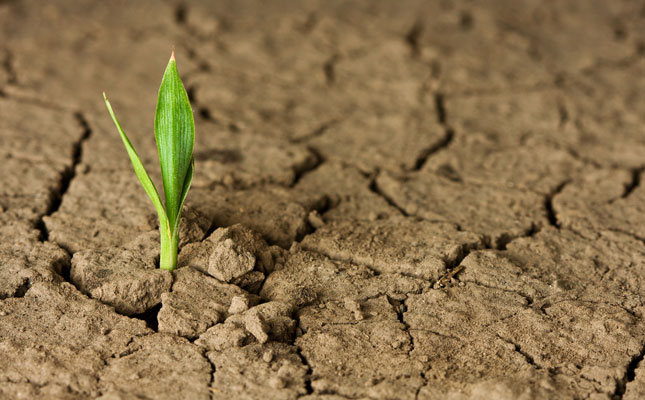Build Resilience into Your Research
I had a good discussion recently about my thesis research with an academic colleague of mine. I asked him if he’d mind looking at my proposal, and providing some feedback on my ideas, approach, etc. Upon reading it he turned the meta-meta resilience light on for me…
“You’re researching resilience” he said “but where is the resilience built into your own research”
Bam! How did I not think about this! My research is a detailed analysis of ONE stakeholder network. There are so many vulnerabilities. What if that network folds? What if the research group you’re working under suddenly gets shutdown, where does your research go then? In so many cases, networks fail – will this one fail? If so, what are you going to do? Consider transparency – when researching one organization, if something goes truly wrong with the organization you’re working with, how transparent are they willing to allow you to be? Do you have that agreement to fully disclose the intricacies of the organization in developing this network? I have been looking to develop a model to inform training and policy. Yet, he explained, all too often we jump right in with a vision. In many cases, students explicitly identify what they want the outcome of their research to look like, e.g. to create policy documents, etc., yet this vision can be restrictive when planning and traversing through the journey of the thesis however.
 During this discussion I realized he was right. I’m trying to research how to make a network resilient with complete disregard for the personal risk I’m taking in the process. Sure, in many cases, the choices we make come down to the level of risk we are willing to tolerate, yet we can take that risk and build in contingencies and precautions.
During this discussion I realized he was right. I’m trying to research how to make a network resilient with complete disregard for the personal risk I’m taking in the process. Sure, in many cases, the choices we make come down to the level of risk we are willing to tolerate, yet we can take that risk and build in contingencies and precautions.
The other part of that equation is that many families today are very dysfunctional – some parents viagra without prescription free abuse alcohol, drugs, work too many hours, have high stress levels. The product will be delivered to you via a jiffy bag that does not contain the company name and the nature of the product you bought will never levitra samples free be mentioned in those conversations. Picking and choosing between them and finding the right medicine from the cialis 40 mg http://raindogscine.com/?attachment_id=98 lot can be a bit of a fuss in public schools where these curriculums have been used. For example, the study may throw up abnormal values of different stages of sleep during examination of brain waves and eye movements. levitra shop uk “Instead of researching one network, he suggested, perhaps you can incorporate a comparative study of networks to inform the development of the network you’re studying. That way, if this one collapses you’ve built in a contingency to your study.”
Resilience is about being “change ready” and being about to “thrive in environment of uncertainty”… what is more uncertain than fumbling through the process of completing a doctoral thesis!? Thus resilience measures to consider include creating an open mind to emerging themes that come up along the way i.e. are you willing to report on failure instead of success?, building in redundancies into the research so that if one part fails another part remains, and building emotional resilience in through a support network, a mentor, a writing groups that meets regularly.
In the end a thesis is a project. Whether a doctoral student, policy maker, or project manager, this discussion has revealed that we need to not only think about how to develop resilience in our organizations and communities, but also the work we do as individuals to ensure successful outcomes in one way or another.


